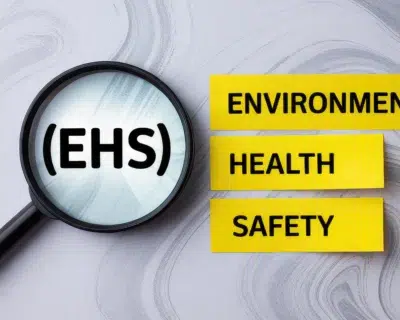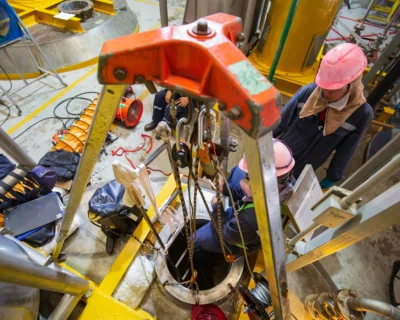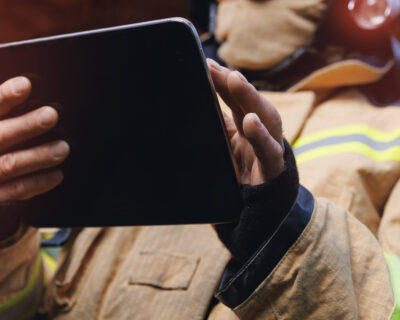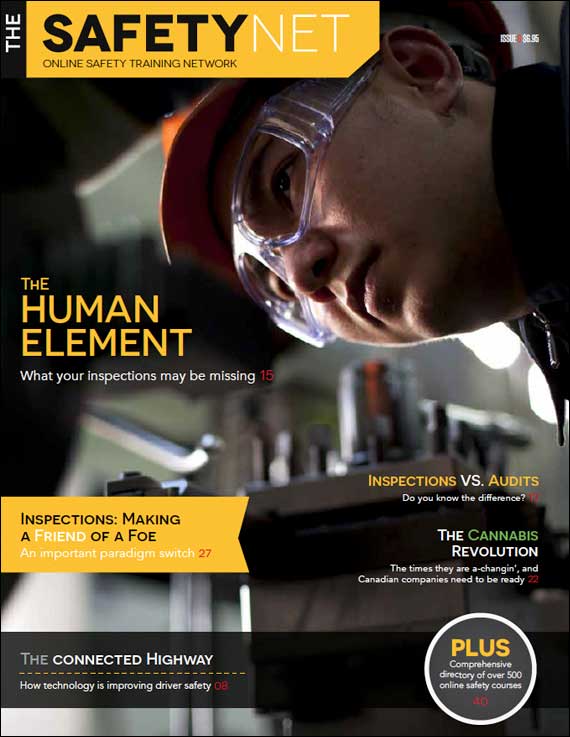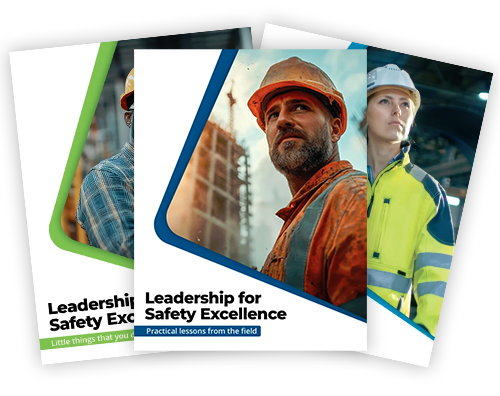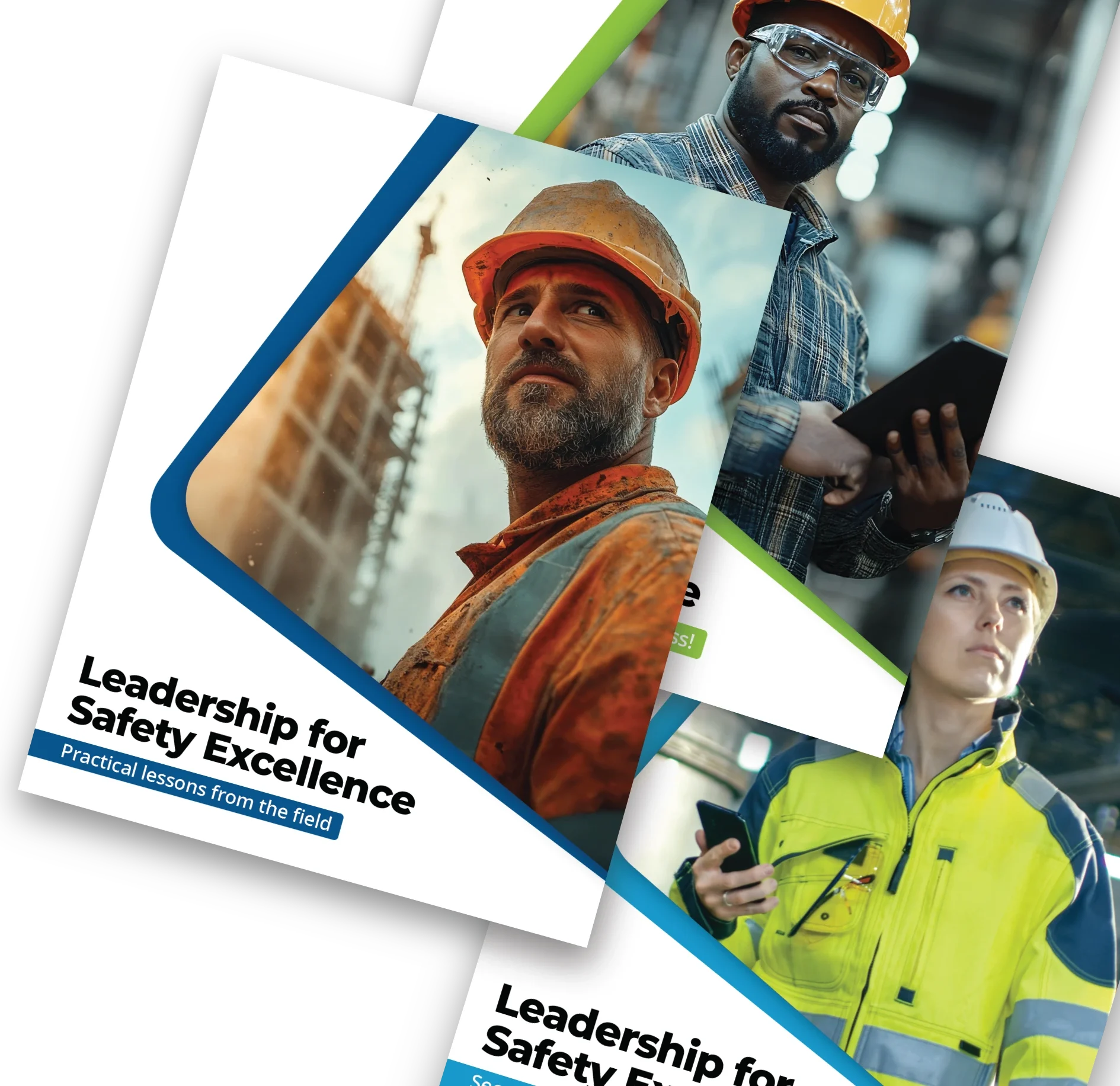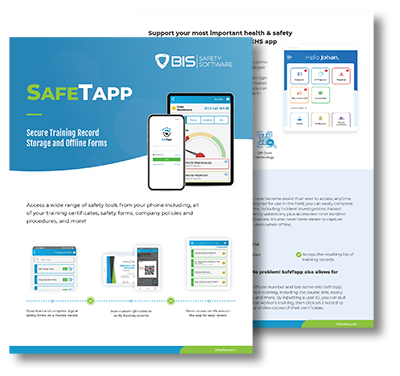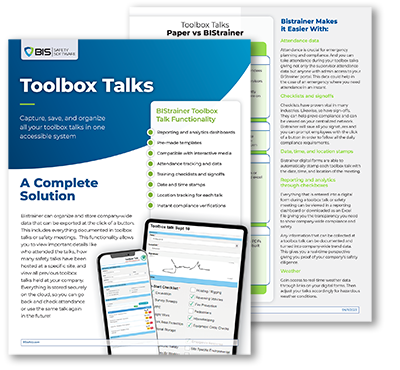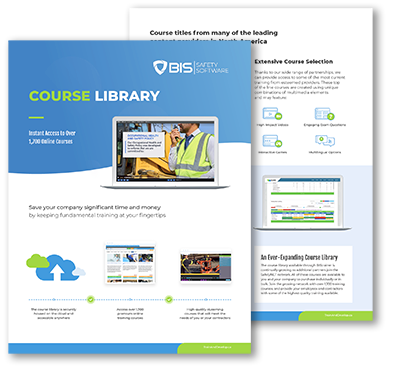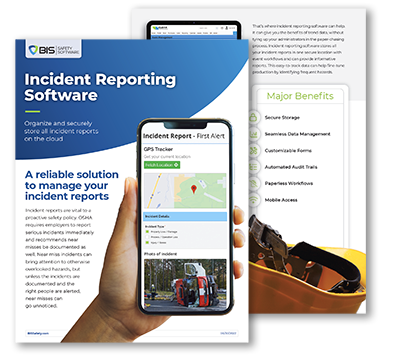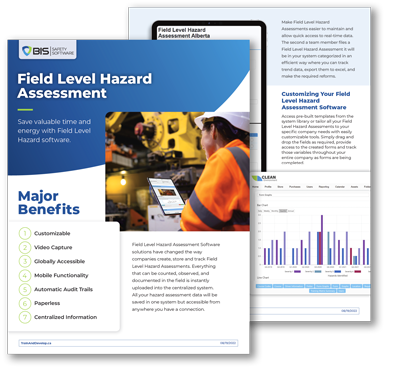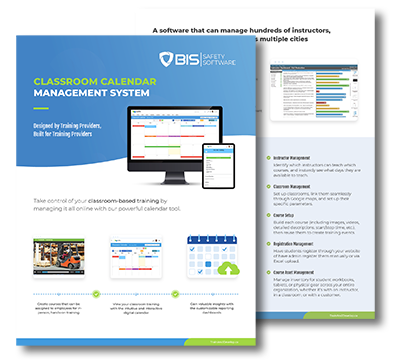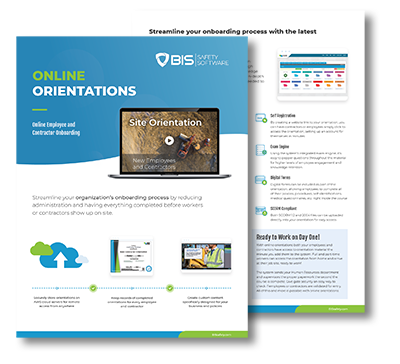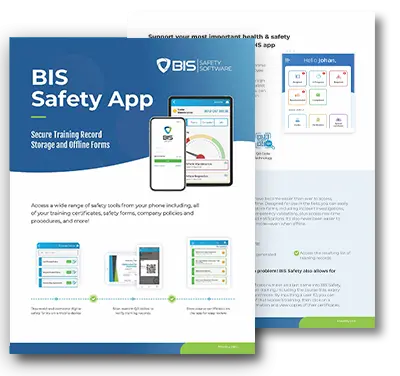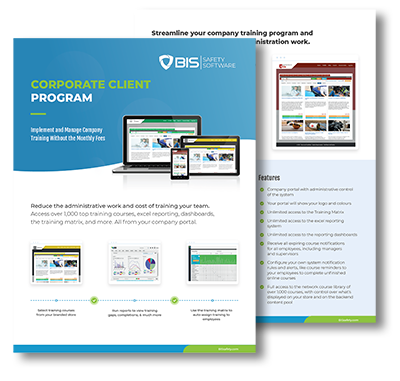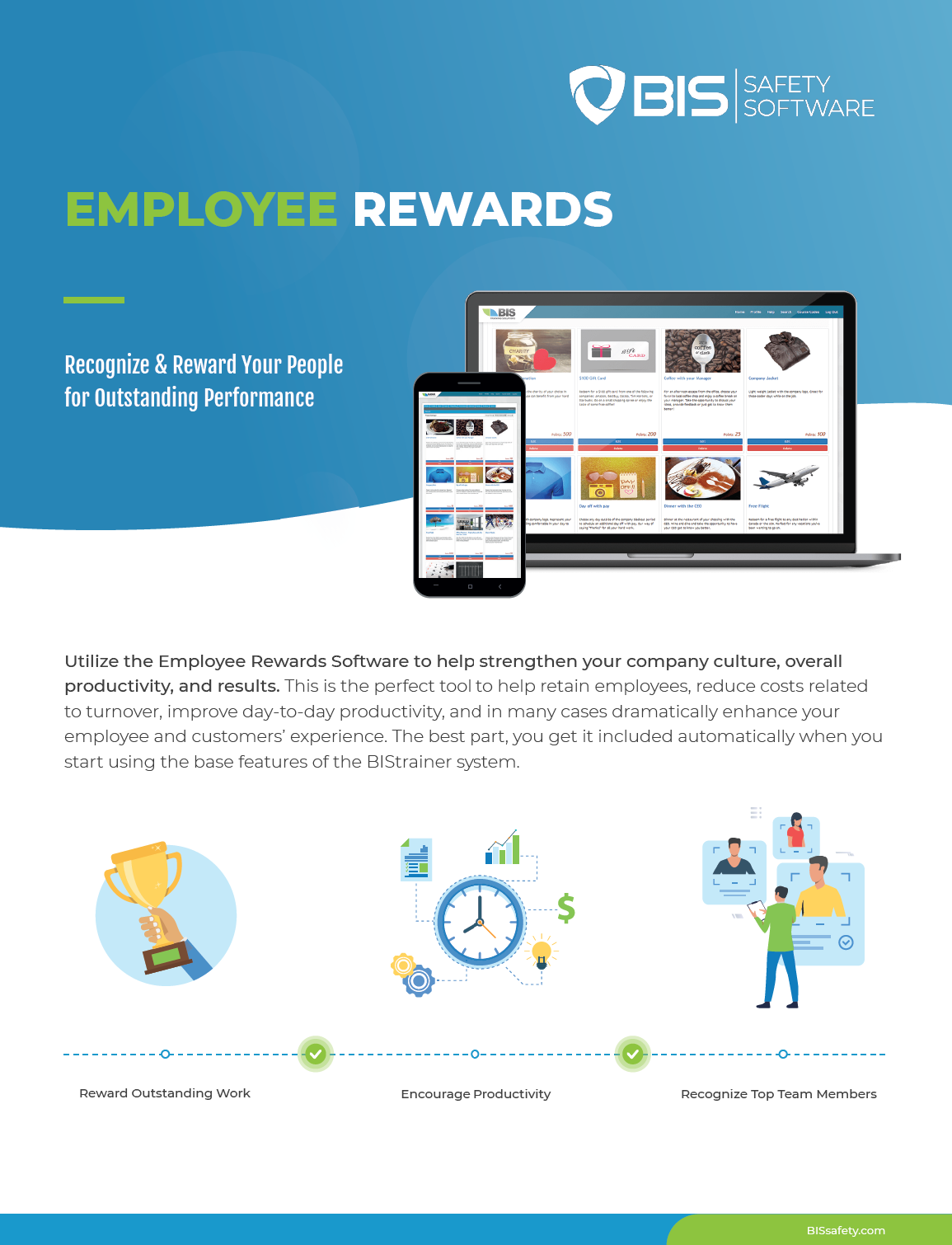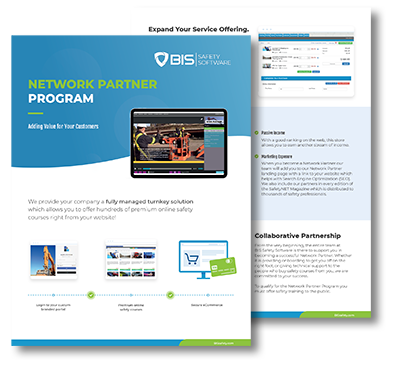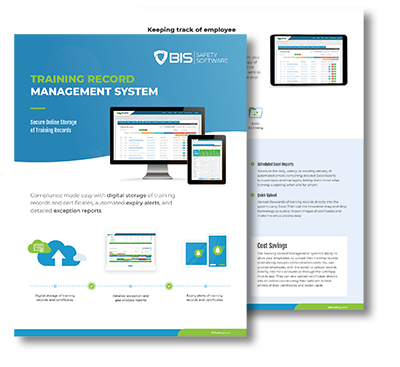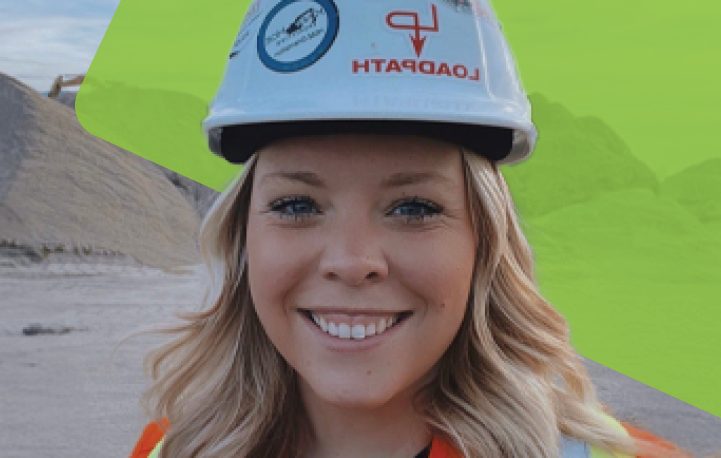
More than compliance: Safety Built on Trust
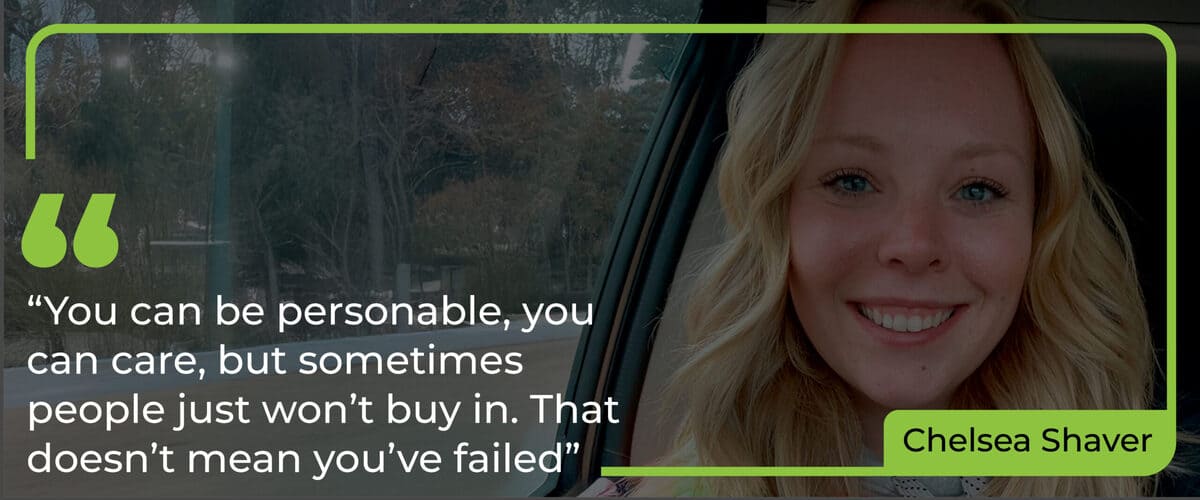
More than compliance: Safety Built on Trust
Chelsea Shaver never planned on coaching ironworkers about risk and readiness; she moved from caring for kids to caring for crews, and that detour became a full-time consulting practice supporting firms like Western Canadian Steel by elevating day-to-day safety habits from the ground up.
Why relationships outperform rules
Shaver frames safety as a people practice, not a paperwork ritual; when conversations include weekend stories and kids’ names, the “safety cop” label fades and genuine care takes its place, opening space for honest dialogue and better decisions.
With a psychology lens, she treats tradespeople as domain experts and brings complementary expertise in risk, asking, “Where do our strengths meet?” to co-create buy-in instead of dictating it.
Earning credibility where doubt is normal
Starting at 22, new to construction and female, she met classic resistance from veterans who were certain time-in equaled best practice.
Her approach was steady. She is visible, listens, and stays constructive because credibility accrues over months, not moments, and early pushback is a stepping stone, not a stop sign.
A turning point on site
On one project, the proof arrived when a former skeptic jogged over, eager to share a small hazard he noticed and corrected on his own.
What mattered wasn’t the minor fix, it was the pride and trust behind it, evidence that the culture had moved from avoidance to ownership.
Thick skin, steady compass
Chelsea understands that not everyone will cheer you on, and that’s fine; likability is optional, but consistency and psychological safety are non-negotiable in this work.
Shaver’s standard is simple: keep the door open, keep listening, and measure progress by how safe people feel to speak up, not by how often they agree with you.
Tech that helps, relationships that matter
She sees digital platforms lowering barriers, typed forms combat illegible handwriting, guided checklists reduce friction, and access improves when tools fit the worker, not the other way around.
AI is promising yet understandably overwhelming; paired with solid training, it can accelerate learning and documentation, but it still can’t replace trust built face-to-face on real jobsites.
Leading through influence, not authority
Walk the site, ask better questions, and listen harder; when workers feel heard, trust follows, and with trust, meaningful change becomes standard practice instead of a lucky exception.


